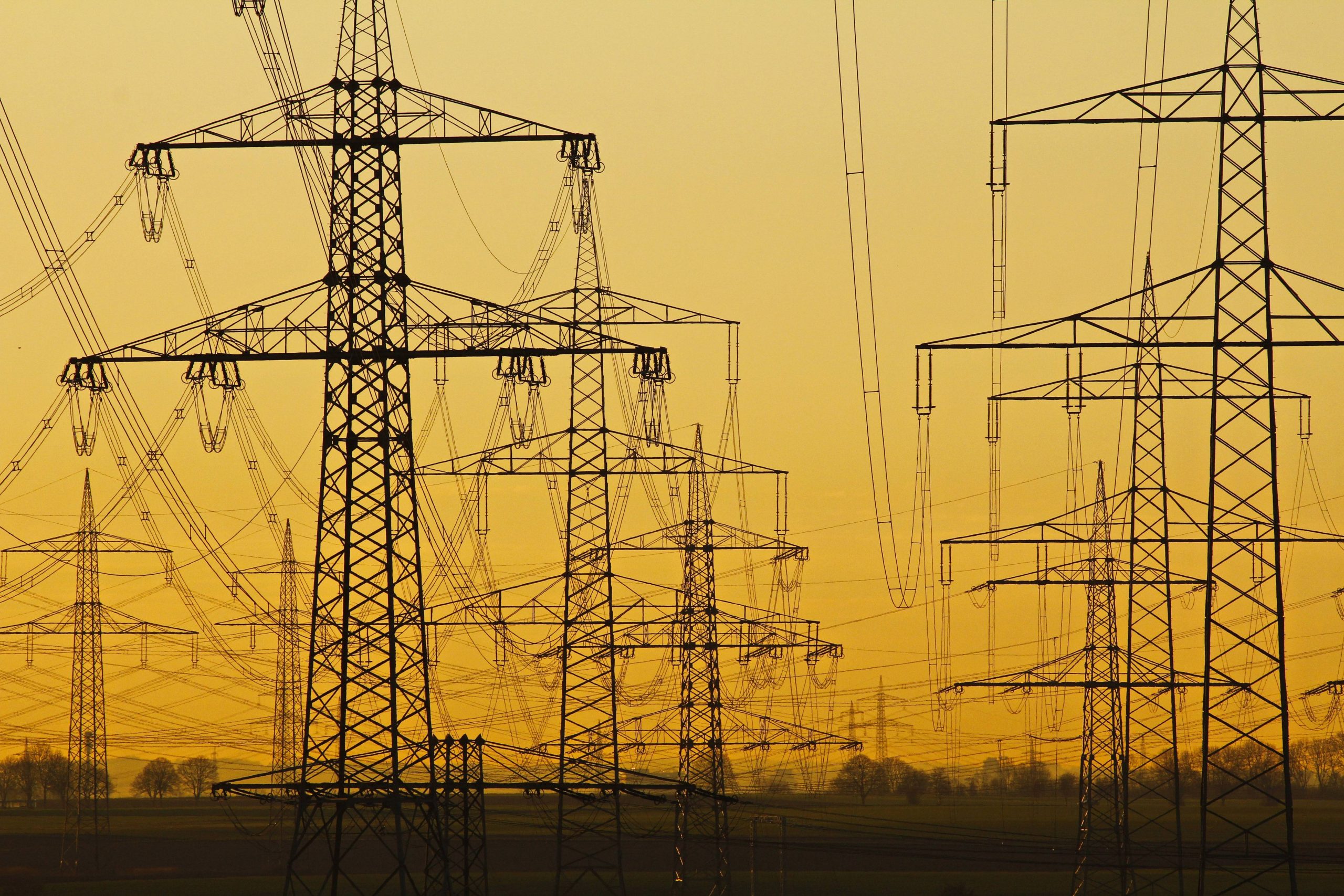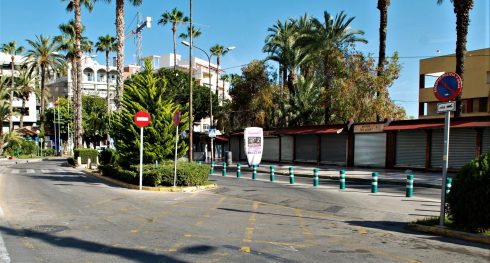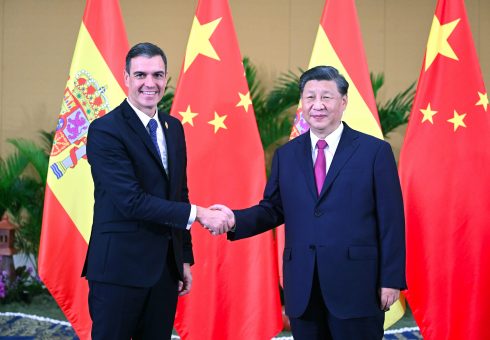SPAIN and France are set to resolve their long-running dispute over the cost of their first undersea electricity link.
The 400 km-long cable link from Spain’s northern coast to France’s western coast was designed to double existing transmission capacity between the countries and allow Spain to feed its abundant renewable energy into a wider European grid.
Since the project was initially announced in 2017, the estimated cost has almost doubled to €3.2 billion due to unforeseen seabed instability on the French side and rising costs of raw materials.
Spain is a growing producer of renewable energy, and it wants France to pay most of the extra costs, leading to disagreement and tensions between the two countries about pipeline connections and protectionism.

Spanish Energy Minister Teresa Ribera has confirmed she expects a final agreement this week without giving further details.
Two sources familiar with the matter said France’s Energy Regulatory Commission and the Spanish competition watchdog CNMC should give the go-ahead on Thursday or Friday to the project, whose budget has been increased.
Spain’s CNMC said only that the negotiations were ongoing.
The likely cost-sharing deal is part of a political discussion of contentious issues, including France’s campaign for nuclear hydrogen to be considered a renewable source, which Spain opposes.
The interconnection, to be built by RTE of France and Spain’s REE, is likely to suffer delays but would allow the two countries to double their electricity exchange capacity to 5,000 MW, enough to provide power for 5 million homes.
READ MORE:
- February’s unemployment figures in Spain stay virtually unchanged
- ECB boss brings little cheer for people in Spain on variable-rate mortgages
- Former deputy in ‘Mediator’ corruption case ‘went to brothel’ on day his Socialist Party denounced prostitution in Congress









